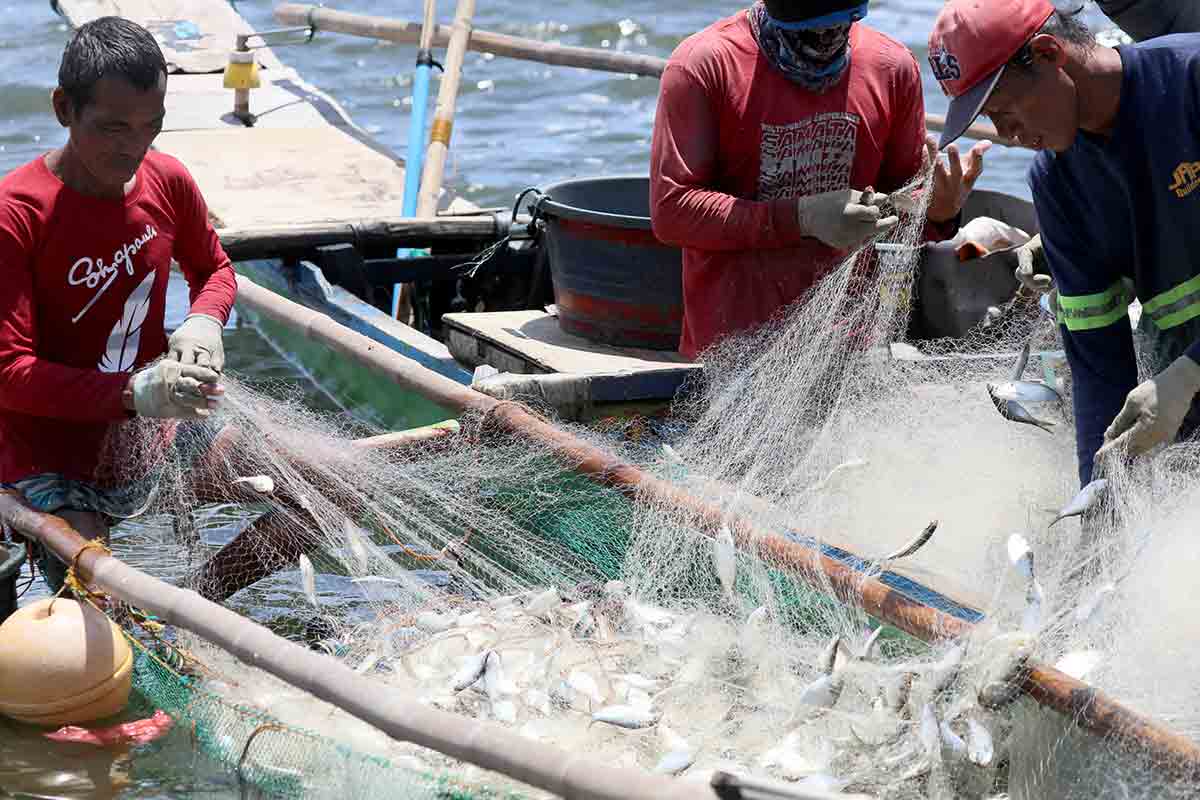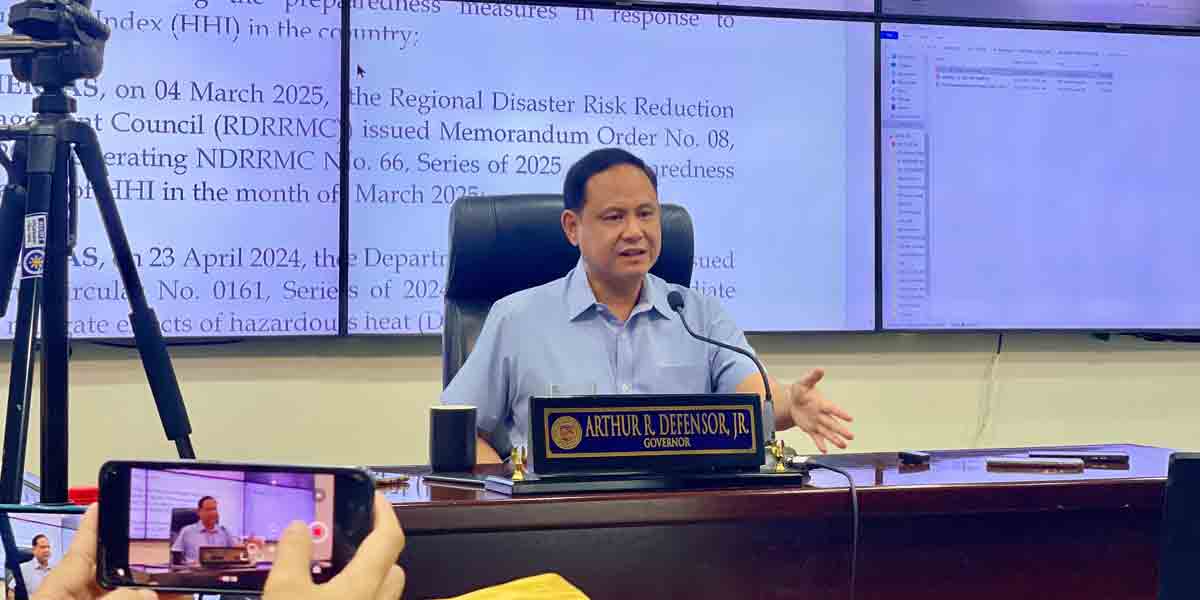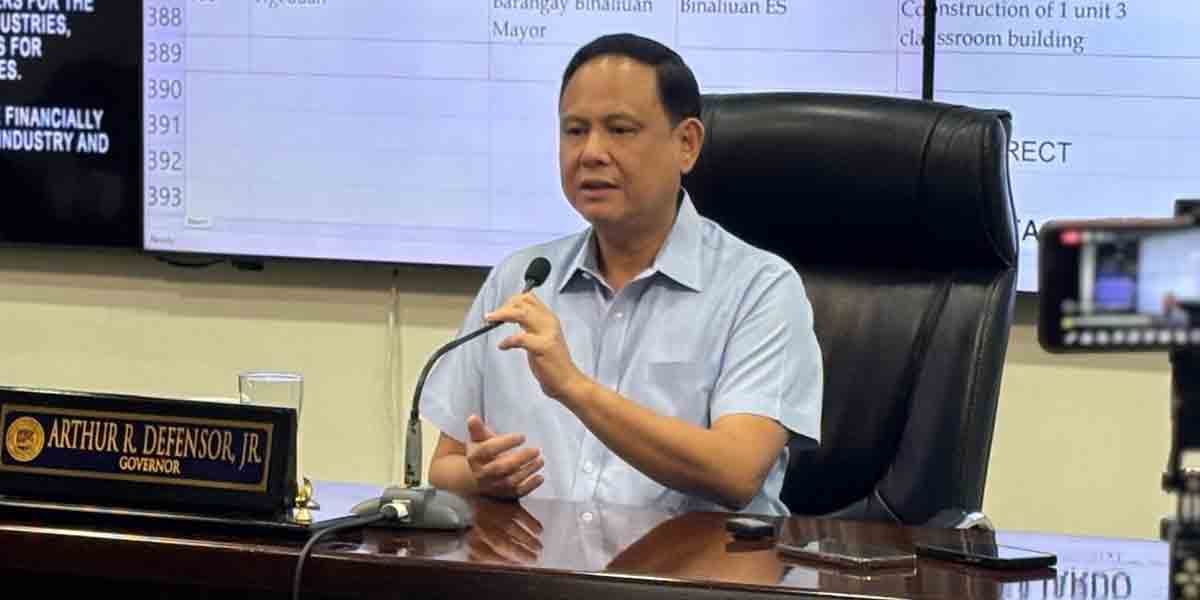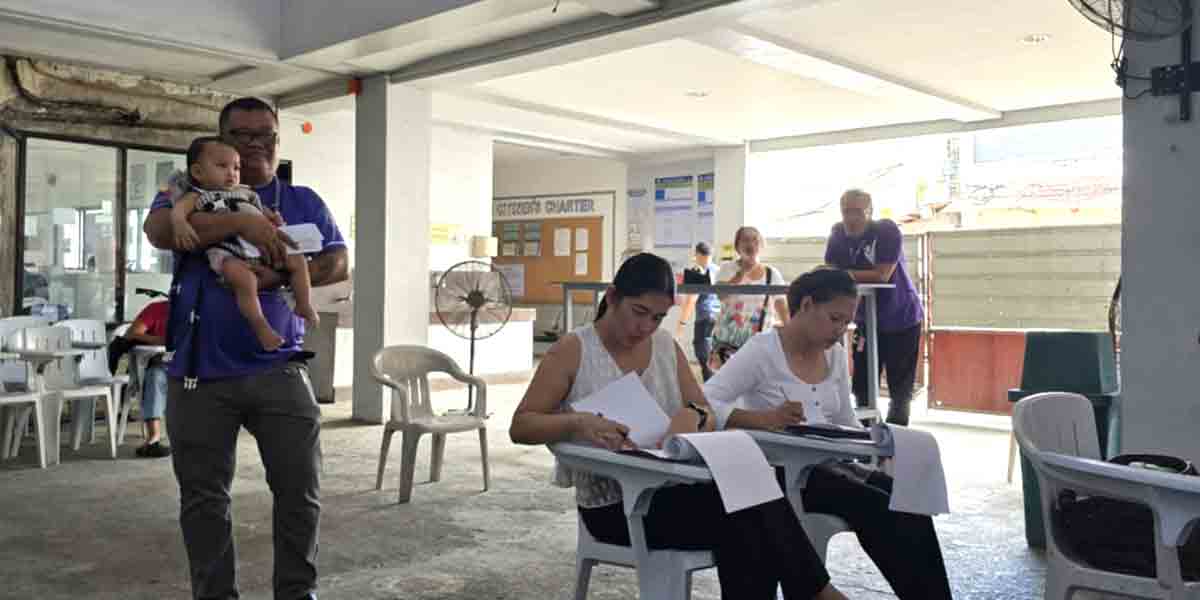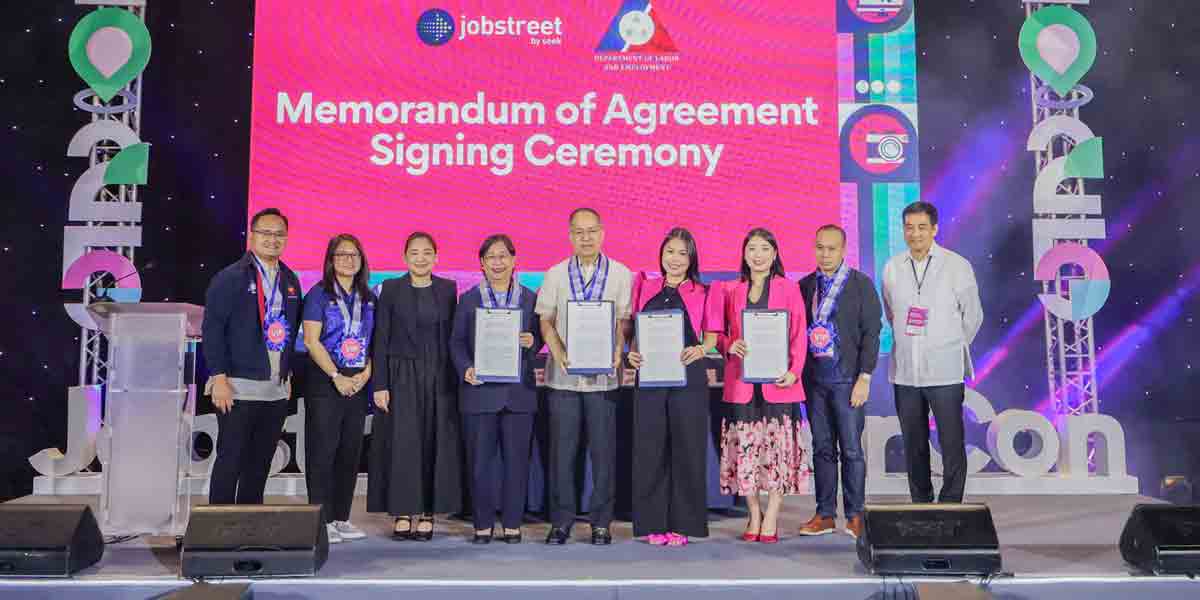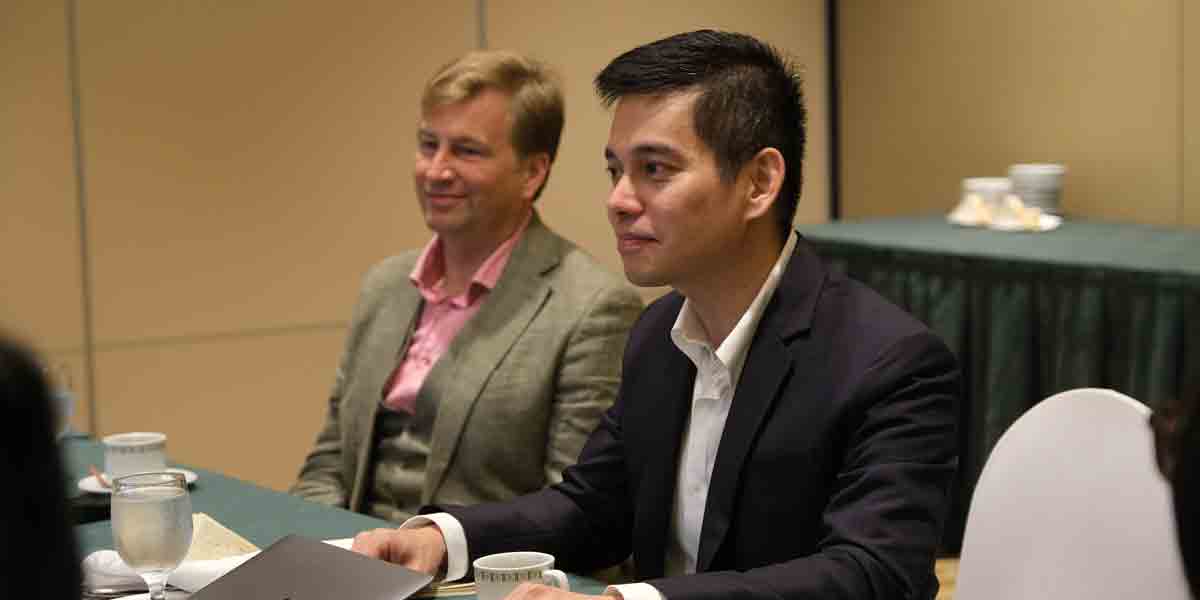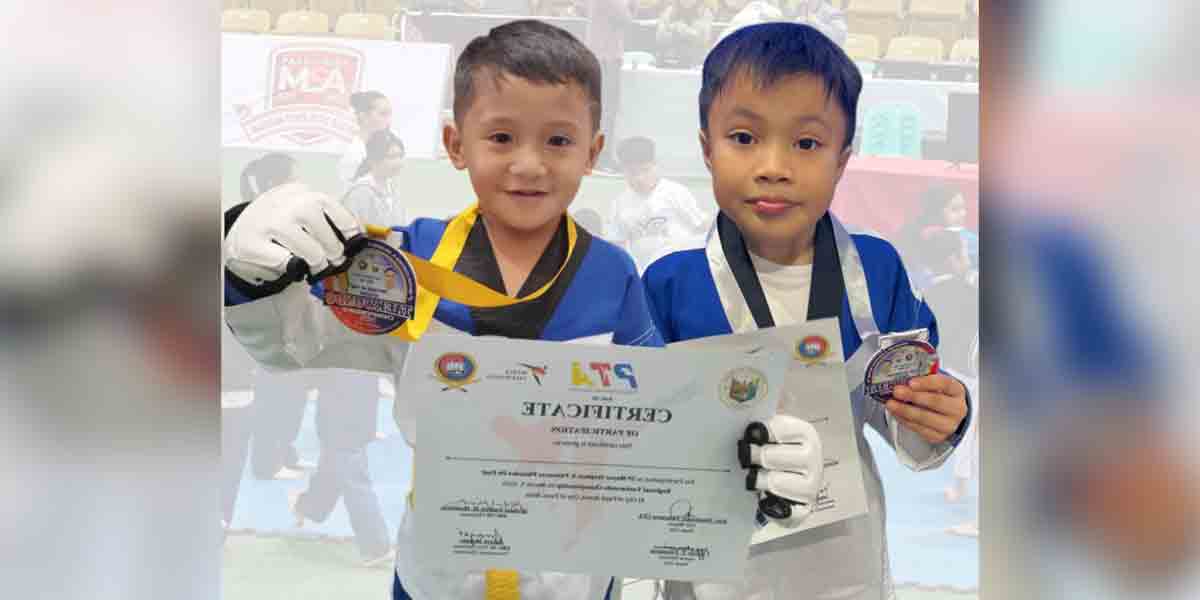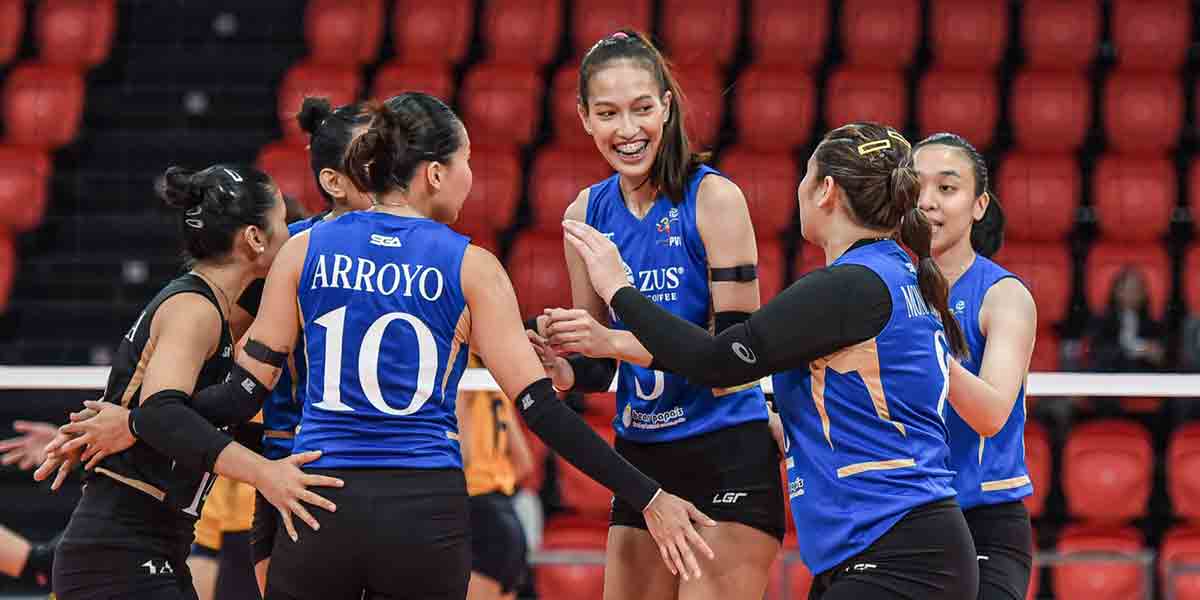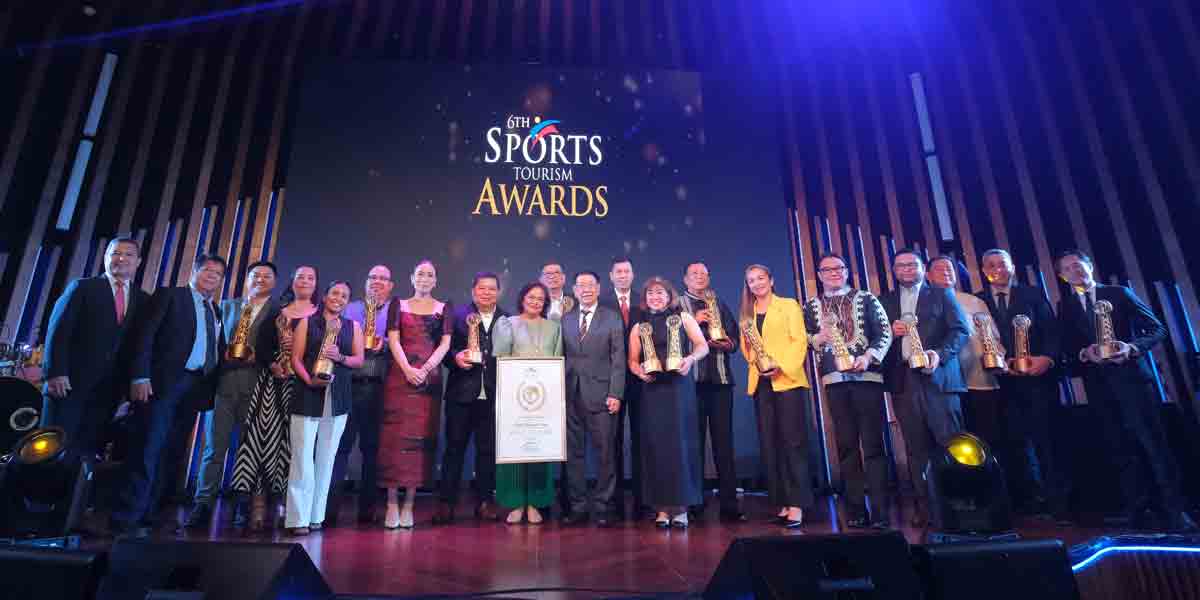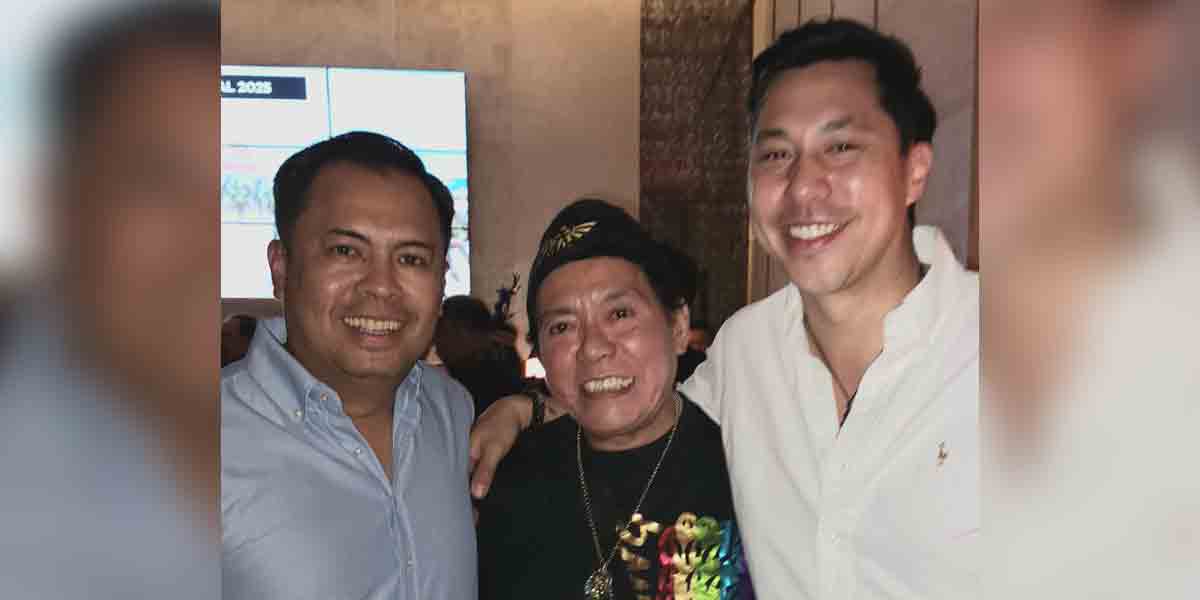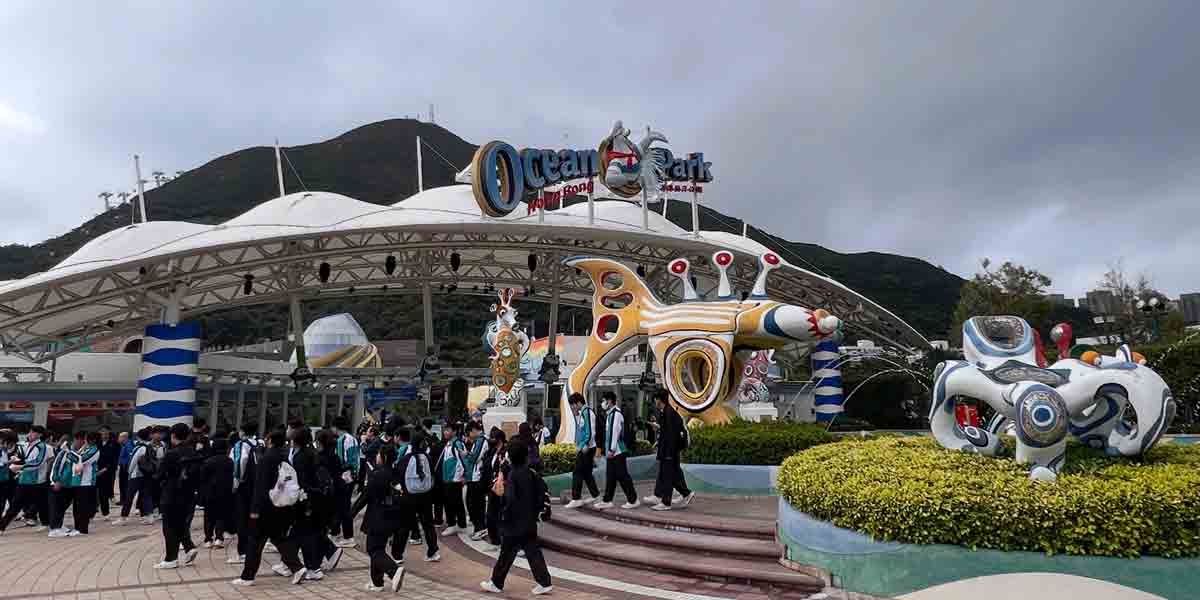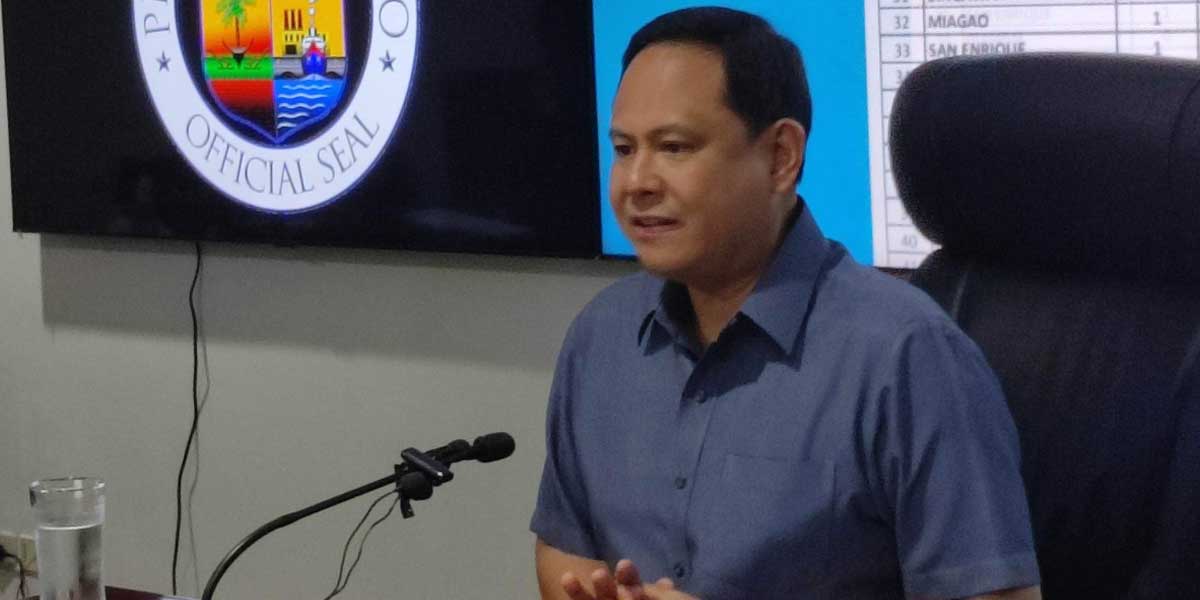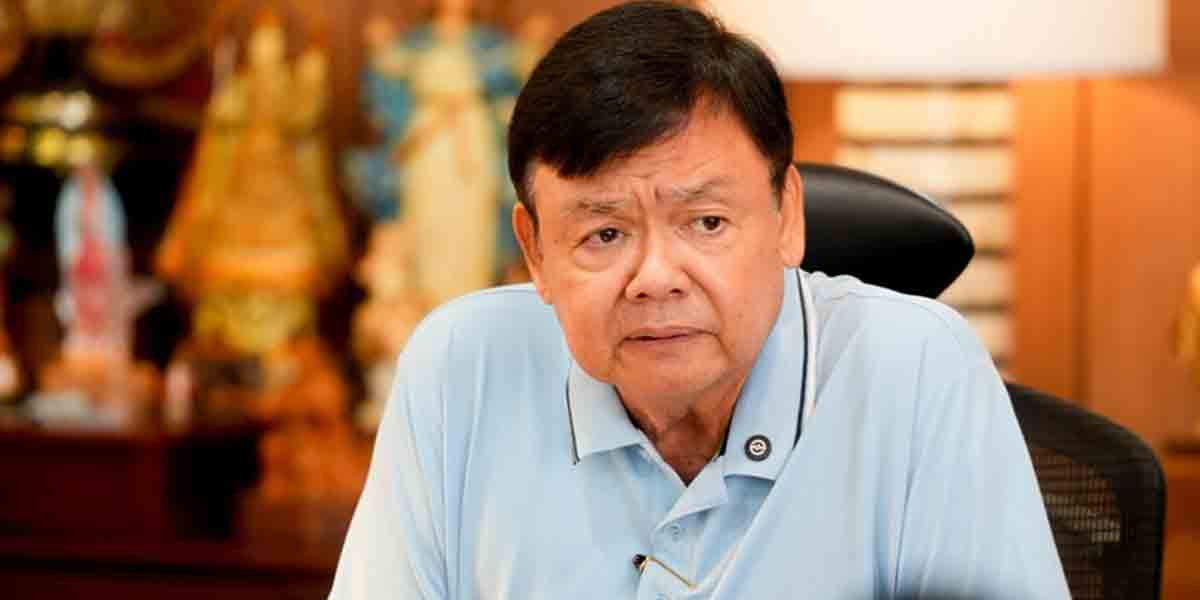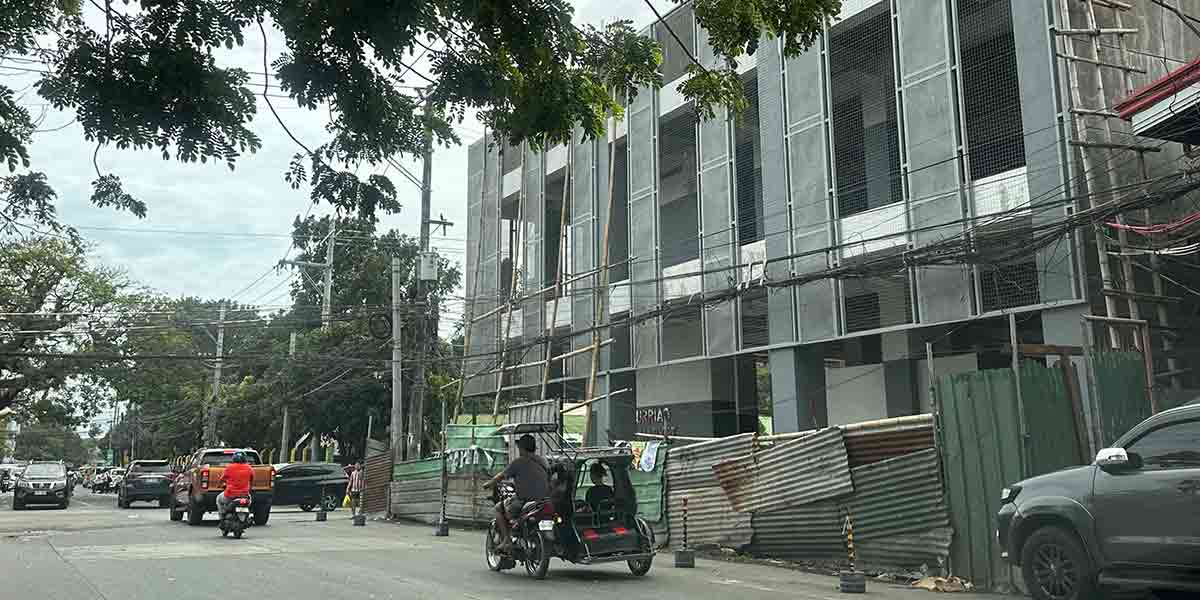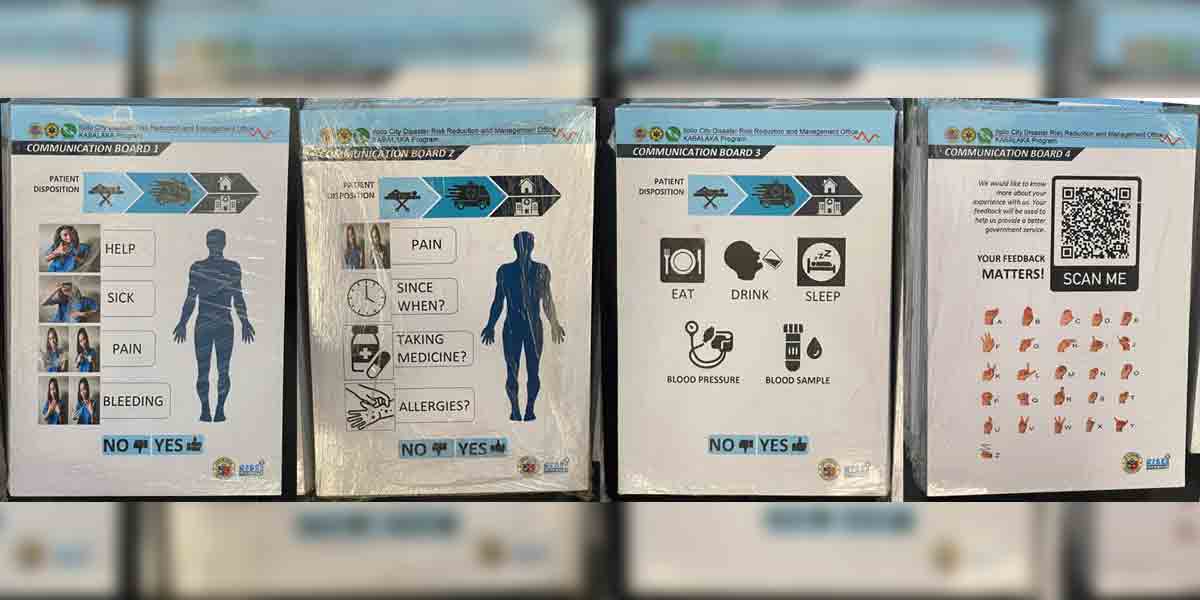 By Alex P. Vidal
By Alex P. Vidal
“An election is coming. Universal peace is declared, and the foxes have a sincere interest in prolonging the lives of the poultry.”—George Eliot
THE U.S. Presidential Election pitting reelectionist President Donald Trump of the Republican Party versus Joseph Biden of the Democratic Party on November 3 will be the second consecutive presidential elections that I will cover as a Filipino journalist.
In the 2016 U.S. Election when Trump defeated Hillary Clinton in a shocking upset, we got an accreditation to officially cover the event from the U.S. Department of State Foreign Press Center through Director Kathy Eagen.
The accreditation allowed us to participate in the New York Foreign Press Center (NYFPC) Tour to New York City Polling Locations during the U.S. Presidential Election on November 8, 2016.
On my part, I was given the choice by Director Eagen between Harlem’s Samuels Community Center in Bronx and Brooklyn’s Williamsburg Community Center for my assignment.
I chose the latter.
After being approved to join the two NYFPC Tour with the topic: “New York Presidential Election Polling Center Observation: Harlem and Brooklyn,” accredited journalists were given the opportunity to observe the voting process.
We conducted interviews with polling officials and voters on a strictly voluntary basis.
We presented our authorization letters from the Board of Elections before entering the polling centers in New York.
-o0o-
A day before the election in 2016, we held an “on-the-record briefing” on “What to expect on election day in New York–A Primer on Exit Polling and Calling the Race” with speaker Dr. Christina Greer of Fordham University in the morning at the Hyatt New York Hotel.
In the afternoon, Jefrey Pollock, founding partner and president of Global Strategy Group, spoke on the State of the Race–The Liberal Perspective.
On November 8, the forum entitled “On-the-record panel with Columbia and NYU professors: U.S. Foreign Policy in the Next Administration” was tackled in the same venue.
The speakers were:
– David L. Phillips, senior adviser to the United Nation Secretariat, who also writes frequently on ISIS, Iraq, Syria and Turkey for cnbc.com. He is director of the Program on Peace-building and Rights at Columbia University’s Institute for the Study of Human Rights;
– Kimberly Marten, a former Director of Columbia University’s Harriman Institute with expertise in Russian foreign policy; patronage; corruption; U.S-Russia relations; international security;
– Christopher Sabatini, who has worked on and in Cuba since 1997 and has been working with White House advisors on policy change toward Cuba since the start of the Obama administration. He is the senior director of policy at the Americas Society and Council of the Americas (AS/COA);
– David Denoon, professor of Politics and Economics at New York University and Director of the NYU Center on U.S.-China Relations. He has served in the Federal Government in three positions: Program Economist for USAID in Jakarta, Vice President of the U.S. Export-Import Bank, and Deputy Assistant Secretary of Defense.
We also discussed the topic entitled: “On-the-record Briefing: The State of the Race-The Conservative Perspective” by speaker John McLaughlin, CEO and Partner of McLaughlin and Associates.
On November 9, we joined the forum entitled: “On-the-record Panel: Post-Election Day Perspectives at Baruch College” held at 5 Lexington Ave., Entrance on E. 25th St. between Lexington & 3rd Aves, NY with the following speakers:
–David Birdsell, dean of the Marxe School of Public and International Affairs (all election topics);
–Mitchel B. Wallerstein, president of Baruch College, former Deputy Assistant Secretary of Defense for Counterproliferation Policy and Senior Defense Representative for Trade Security Policy from 1993-1997;
–Thomas Main, professor whose current research is on the alt-right and is an expert on urban issues/cities; and
–Carla Robbins, clinical professor, adjunct senior fellow at the Council on Foreign Relations, specialist in national security and diplomacy.
-o0o-
At this early, there is already a pre-election controversy that is expected to disrupt the outcome of the presidential election after President Trump argued that despite using it himself in the past, “mail-in voting is more open to fraud.”
Most election experts have questioned whether it is possible for postal voting to lead to widespread fraud, as President Trump claims, but have pointed out that an anticipated rise in postal voting could cause problems.
The election date is not written into the U.S. Constitution, so a delay is reportedly “technically possible”, but the Constitution does outline a date for the newly-elected president’s inauguration in January 2021.
The power to change the election date, however, lies with the U.S. Congress, and the Democrats hold the majority in one chamber, the House of Representatives, making it extremely unlikely a delay would be approved.
A record number of people are expected to vote before November 3 by opting for postal votes. Election experts suggest this could mean the result may not be declared on election night, but may take several days—or even weeks—to emerge.
With the coronavirus pandemic expected to impact public life well into the autumn, the 2020 election is likely to go down in history as one of the most unconventional U.S. presidential races ever held.
(The author, who is now based in New York City, used to be the editor of two dailies in Iloilo)

